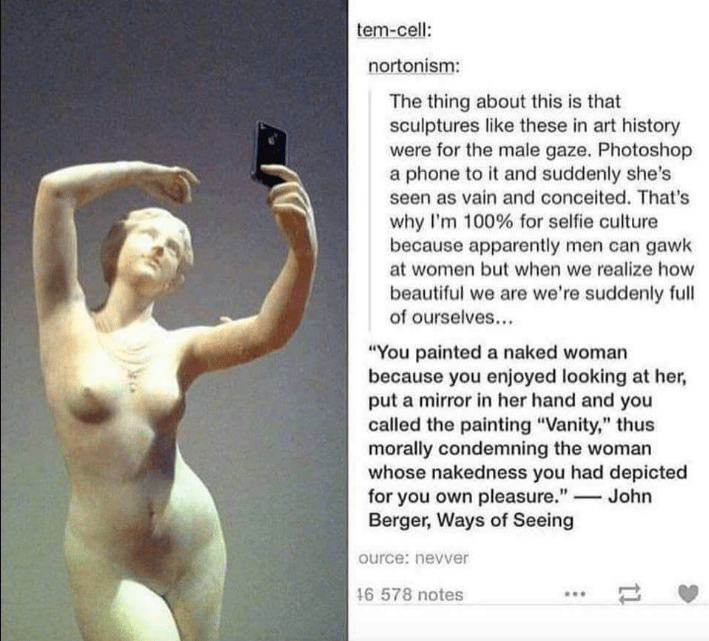It’s the end of vacation, when all the things we meant to do over the summer cascade into guilt and regret. “Tree house” and “ocean” and “art museum” come off the list; “haircut” and “school shopping” go on. We should have done more! When I was little, I remember doing more.
On the radio, I heard the end of an essay by a man trying to connect with his elderly father, a father who had been harsh and distant for decades. I gathered that the one happy childhood memory the narrator had was of their annual, extravagant beach house vacation. The kids would run and play and whoop it up, while the dad would glower and retreat to the couch to watch TV. Still, he made it happen year after year.
Now, forty years later, the man finally asked his father if he had fun on those vacations — and if not, if he hated them as much as he seemed to, why did he make such a point of taking them every year?
It turns out that the old man, now almost eighty years old, was still smarting from the sting of his childhood, from the first day of school, when the teacher would assign that dreaded essay, “What I Did On My Summer Vacation.” The only true answer would have been: “We gathered peaches to pay the landlord” or “We shot rats in the turnip field so we wouldn’t starve come winter.”
So he and his brothers would make up something to write about, something that would prove that they had been having fun like the rest of the world. He resolved that his own kids wouldn’t have to resort to fantasy. They’d do something real on summer vacation, something wonderful. Something to report.
When my kids were all little, I used to accuse myself of not so much striving to make a happy childhood for them, as striving to create evidence that they had had a happy childhood. A baby book full of carefully edited anecdotes and cute dialogue; a photo album of high points and rare good days. Maybe, day to day, they had to cower away from me and my mood swings, and maybe they longed for me to just sit down, relax, and play with them, rather than frantically crafting towers of glorious expectations, and then collapsing in tears when it all caved in under the weight of real life. Maybe so. In the words of an old guide to confession: I am unable to judge the severity of my actions.
Either way, I had some hard evidence. I could point to the salt clay figurines, the stretchy loop potholders, the quirky animal sewing cards I had made just for them, using the back of a Crispix box and my own lifeblood, and I could say, “The proof is here. Only a loving mother would have done this. Remember how I let you make muffins with me, even though you drive me crazy? Let’s laminate this photo of you petting a goat at age 2, and let’s not laminate the memory of me crying over how much money we spent to get in. You liked that goat, you liked it very much. But you won’t remember, so I need to nail it down now, to present to the judge, I mean put in your baby book. And look, you were wearing a dress that I sewed myself.”
Behold, the gulf between love and intentions. Oh, the longing to love, the longing to be loved, the longing to have been loved. Oh, the clumsy swipes we take at that shining, shifting goal of happiness.
We are all, maybe, hoping to pacify the demands of the past, striving to bridge the gulf, to reach back over all those summers and tell our own selves as children, “Yes, you were happy. Here’s the proof.” We’re telling that long-dead teacher, now moldering in the grave, “You wanted an essay? You wanted to know what I did? Here’s my child, and he had fun on his summer vacation. Here’s the evidence you demanded; it’s all there.”
Here are the things I remember about my childhood, along with the vacations and the treats, the parades and the birthday parties — and also along with the mood swings and strife, the tensions and shouting, tipped-over tables slammed doors. Here are the things I remember, from summer and from winter, from the long, empty, formless days of vacation and the long, empty, formless days inside the lonely, needy heart of a child looking for some definitive proof of love:
I remember my mother putting down her book (more precious than rubies) and looking me straight in the eye when I called her name. My father pausing for a minute before he answered me, staying silent a little too long, muscling past his first impulse to criticize or refute. My big sisters praising me for so skillfully walking down the stairs with only one foot on each step, instead of two, like babies do. I remember being on rented skates and being swooped up from behind, a rescue just as the floor loomed up to pound in my face. I remember someone holding a pajama zipper away from my belly, protecting my skin as they zipped it up. I remember being protected.
There’s the evidence, and I’m writing it down now. It is the end of summer. We have something to report.
***
A version of this essay originally ran under a different title at Aleteia in 2016.
Image: David Prasad via Flickr (Licensed)




